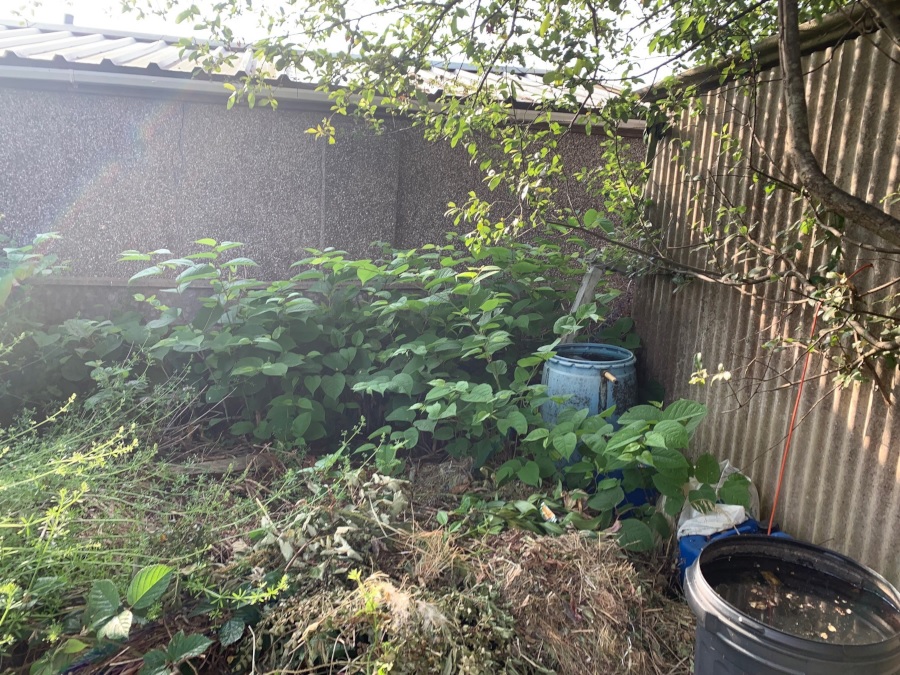
Japanese knotweed is a big problem in this country. Confirmed cases have increased by approximately 28% in the past five years, and it's been estimated that knotweed costs the UK somewhere in the region of £41 million each year.
Of course, Britain isn't the only country that has trouble with this pesky weed - see Japanese Knotweed Laws in Other Countries - but the problem is especially widespread here. Which begs the question...
When did Japanese knotweed come to the UK?
Japanese knotweed is an invasive species - it's native to East Asia, and it did not exist in the UK until the 19th century. Japanese knotweed was introduced to Europe by Philipp Franz von Siebold, a German doctor who brought it home from a visit to Japan in the early 1800s. Fallopia japonica (to use the plant's scientific name) became very popular among British botanists during the Victorian era, and it eventually spread into the wild.
And that's when the trouble started. In places like Japan and Korea, knotweed isn't too much of a nuisance because the local ecosystem keeps it under control. But here in Blighty, the plant has few if any predators, and our native vegetation isn't equipped to compete with it.
This is often what happens when a foreign species is placed in an ecosystem that's not used to it: the newcomer completely upsets the natural balance that has evolved over hundreds of years, resulting in uncontrollable reproduction. The grey squirrel (Sciurus carolinensis) is another famous example of an invasive species - nowadays, if you live in the UK, you probably see grey squirrels far more often than you see our native red squirrels!
Does Japanese knotweed like the British weather?
Our famous British weather may be another reason why Japanese knotweed has been so successful in the UK.
Japanese knotweed loves wet weather, so it's not surprising that areas like South Wales are particularly badly affected. Humidity, another hallmark of this country's climate, makes for even more favourable growing conditions.
Worse news still: we've had a couple of warmer-than-average springs in recent years, and Japanese knotweed shoots have been emerging earlier than usual. With its growing period seemingly expanding, there is every chance that the UK's Japanese knotweed problem will get worse before it gets better.
If you've found Japanese knotweed near your property, it's a good idea to speak to an expert. Contact Total Weed Control today - we'll be happy to recommend the best course of action.
Japanese Knotweed Treatment Plans >
